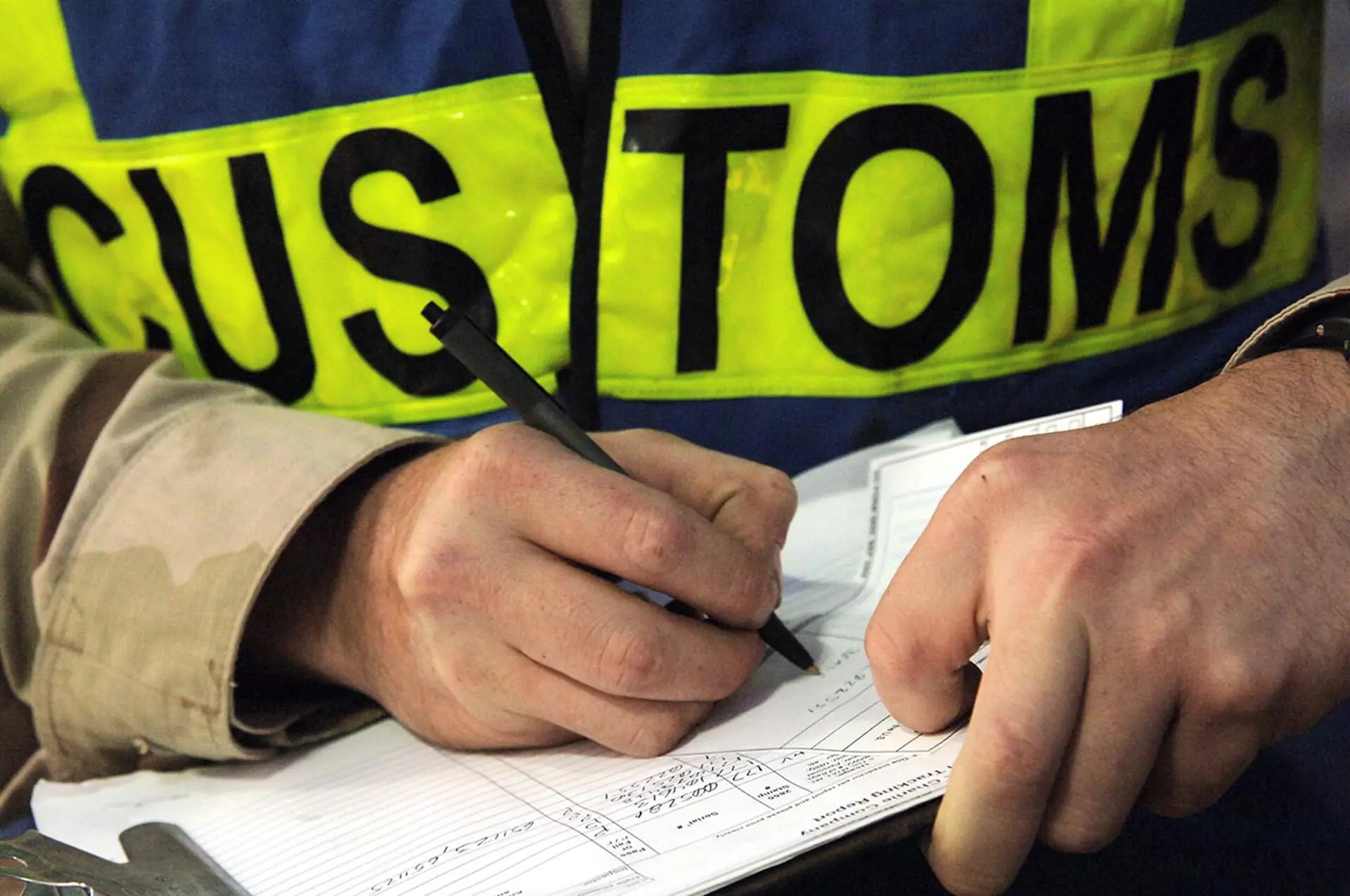What are Incoterms?
Blog
When businesses around the world trade with each other, they face a number of questions: Who will pay for shipping? When does the risk of the goods shift from the seller to the buyer? Who handles customs clearance? To address these questions and create a uniform understanding across borders, Incoterms was introduced as a recognised international standard.

What does Incoterms mean?
Incoterms is an abbreviation for "International Commercial Terms". It is an international standard for shipping and delivery terms that clarifies the obligations, costs and risks of parties in international trade. The terms cover who is liable in the event of damage or loss of goods, who is responsible for insurance during transportation, and when liability passes from the seller to the buyer.
Incoterms are developed and maintained by the International Chamber of Commerce (ICC) and are updated regularly to reflect the dynamic nature of global trade. The most recent update took place in 2020 and therefore we refer to Incoterms 2020.
Why are Incoterms important?
Clarity and consistency: Without a standard such as Incoterms, each contract between two parties could require individual negotiations on transportation details. This would be time-consuming and could lead to misunderstandings.
Risk Management: Incoterms establishes exactly when the risk of goods shifts from the seller to the buyer. This is crucial in determining who carries the responsibility if goods are damaged or lost during transportation.
Cost overview: Incoterms provide a clear overview of who are responsible for which costs - such as freight, insurance and customs duties.
What Incoterms exist?
There are 11 different Incoterms. They are divided into categories E, F, C and D, and are categorised based on risk transfer and delivery agreements in terms of who covers various costs during transport.
For road, rail and air transport, EXW, FCA, CPT, CIP, DPU, DAP and DDP are used.
For sea transportation, FAS, FOB, CFR and CIF are used.



